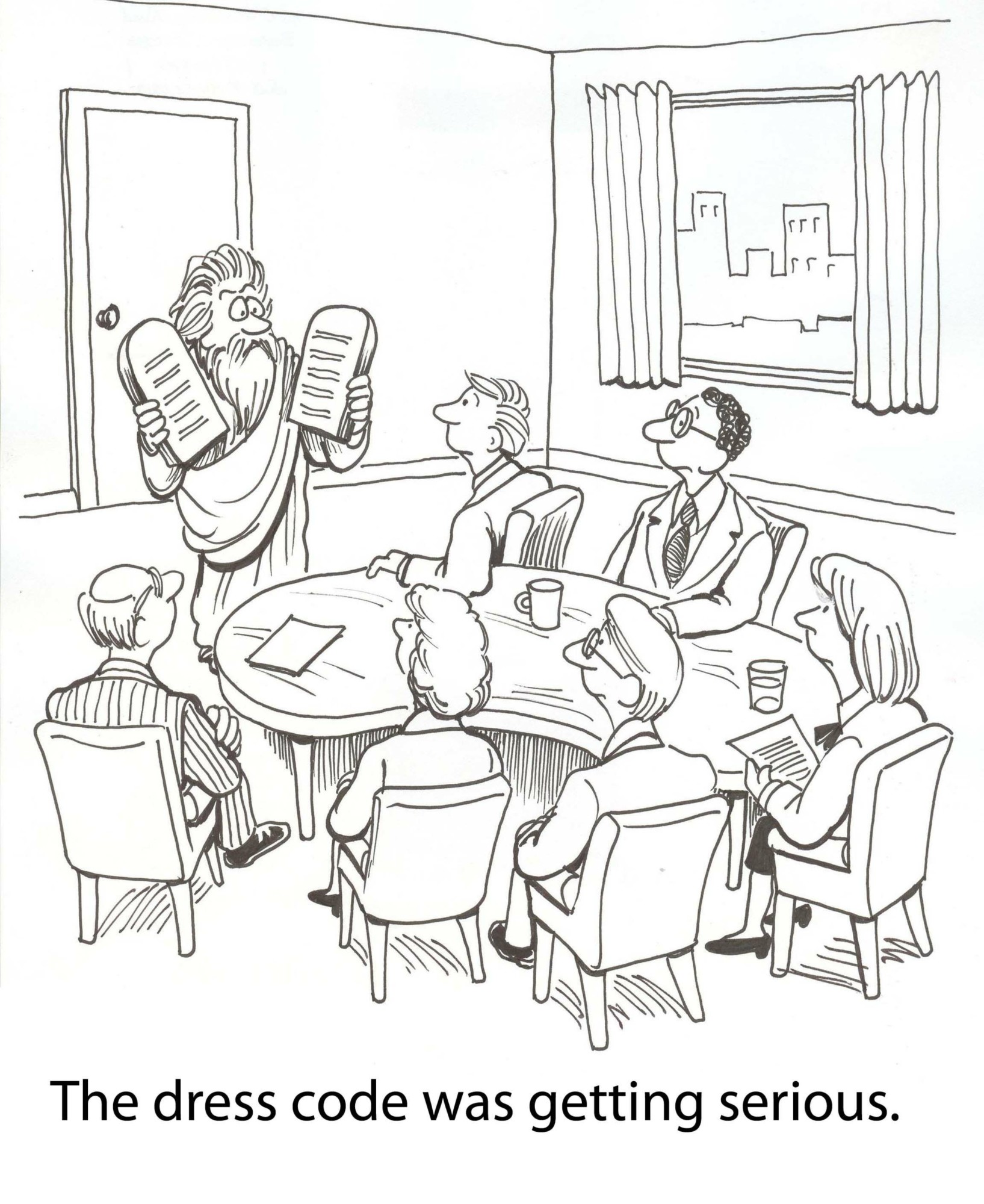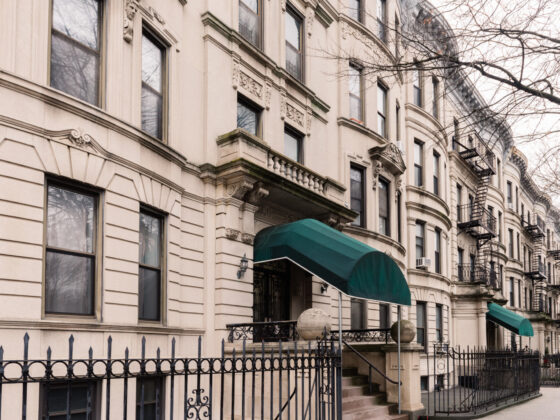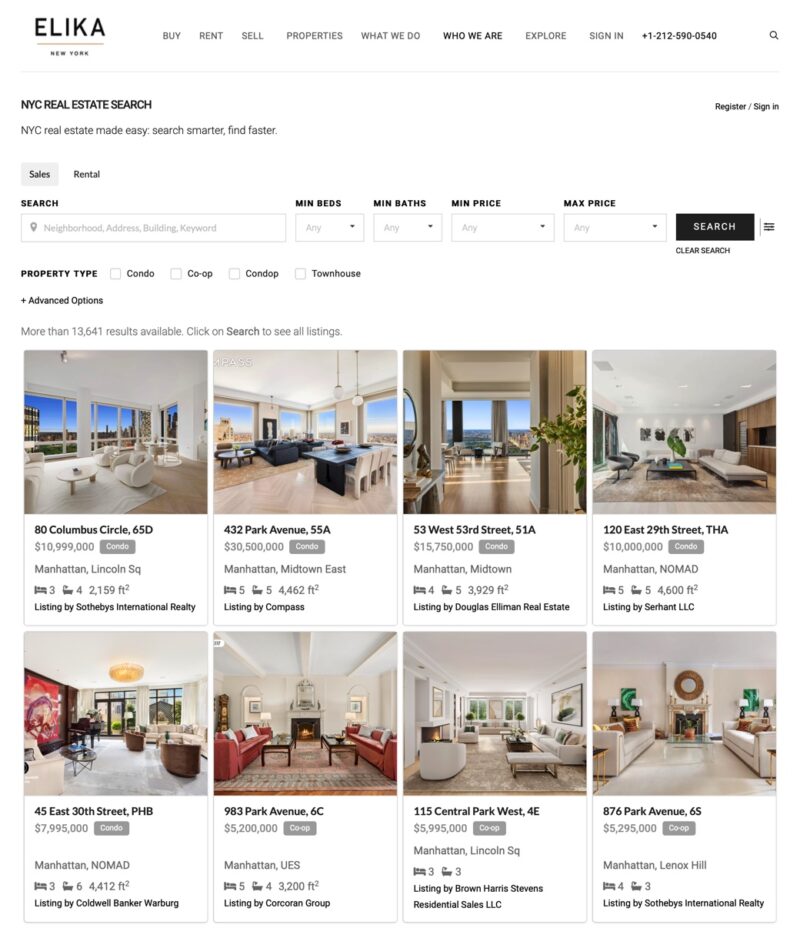Table of Contents Show
Co-op or condo buyers or tenants in New York City should know a particular set of policies. The governing policies are called house rules. The house rules govern normal day-to-day behavior throughout the building. After all, many people, often with entirely different backgrounds, are living vertically in tight quarters in New York City. Rules are a necessary ingredient to ensure harmony amongst neighbors.
Less formal than bylaws, which concern technical matters such as the number of board members, how often elections are governed, and the frequency of meetings.
However, house rules cover many areas and are essential to know and understand before signing the sales contract.
Where to find the Condo or Co-op House Rules?Where to find the Condo or Co-op House Rules?
Ask the listing agent where to find the condo or coop house rules. Ideally, it is in one place, although it does not have to be the case. It might be in the bylaws or listed in a separate document.
You might find a more extensive set of rules for co-ops in the proprietary lease, which gives the shareholder the right to live in their apartment. Condo apartments could be in the governing document, declaration of covenants, conditions, and restrictions (CC&R).
Common AreasCommon Areas
The first area to be aware of concerns areas that everyone uses. Common; areas include elevators, hallways, and stairways. Most rules should follow common sense in these areas, such as noise or clutter. You should pay attention to the provisions of the building gym if there is one.
Moving InsideMoving Inside
A significant area concerns noise levels that affect your neighbors. There are likely to be specific rules on conducting yourself, even inside your apartment. A typical provision relates to activity late at night. If you are a drum player, you may have to play before 10 p.m. To minimize noise, you may be required to carpet a certain percentage, such as 80%, of your floor space.
House rules may govern which appliances you can have in your apartment. For instance, you may be forbidden from having a washing machine or window air conditioner. If this seems excessive, remember that the co-op board is trying to protect the common good, including the building itself.
A house rule may forbid subletting for a co-op or require a lease of 12 months minimum in the case of a condo. If you were planning on earning extra income by renting your Unit, you should know this ahead of time.
One contentious area concerns pets. Some boards forbid all animals, while others may allow cats but not dogs. When dogs are allowed, some buildings have weight restrictions. If you have a pet, understand if it is permitted beforehand since an exception to the rule is not likely to be made.
Implementation and ChangesImplementation and Changes
When a co-op or condo is formed, the board decides on the house rules. It is not unusual for the sponsor’s lawyer to make general rules. Over time, these are typically changed to accommodate everyday living, especially since ownership changes.
A house rule can be modified or implemented with most of the present board — called a quorum.
The EnforcementThe Enforcement
Hopefully, if there is an issue with a neighbor, it is dealt with courteously and quickly. The board can impose a fine if it is authorized; for specific violations. These situations must be spelled out in the propriety lease ahead of time, which is unusual.
The board for a co-op can ask you to leave under a proprietary lease. If there have been repeated violations, despite warnings — a final solution. The proprietary lease allows the board to decide when to enforce a house rule breach under a business judgment rule for a co-op. It may not seem fair, mainly if you are having a problem with a neighbor, but you should be aware that, most times, you cannot do anything about it.
Co-op versus CondoCo-op versus Condo
Co-op house rules are stricter than those of a condo. A co-op’s board wields more power over its shareholders than a condo apartment over its unit owners. However, it does not have to be this way, so read a condo’s house rules before submitting an offer.
What it Cannot CoverWhat it Cannot Cover
The Fair Housing Act protects people from discrimination when seeking to rent or buy housing or secure financing. They cannot use the house rules to discriminate against groups of people. You cannot be; discriminated against by race, color, national origin, religion, sex, disability, and children’s presence.
The Co-op House Rules and RegulationsThe Co-op House Rules and Regulations
New York City co-op boards are notorious for their house rules. They are picky about whom they let live in their building, but it does not end there. There are also rules to follow once you are living there. The rules are ostensibly for the unit owners’ financial well-being and ensure everyone respects their neighbors.
Still, a co-op board’s policies are not uniform from one building to the next. Since there is not much you can do once you move in, a little homework ahead of time can save you many headaches later on.
The Co-op House RulesThe Co-op House Rules
You may have some work to do to uncover the house rules. These do not have to reside in one place. We advise reading them ahead of time to see what it includes. Some significant areas for the co-op’s rules cover common areas, noise levels within your apartment, permitted appliances (washers and dryers), subletting, and pets.
How strict is the board’s enforcement?How strict is the board’s enforcement?
The co-op board could choose to enforce their house rules strictly. Alternatively, they could be lax. Uncovering their enforcement policy requires some extra work on your part, but it is well worth the effort. You may like living with many rules, or you could find it stifling. Either way, you want to know this information to determine if you will be happy in your home.
There are several sources of information. It would help if you first tapped your exclusive buyer’s agent. They may very well have a lot of familiarity with the building that interests you. Your agent could have even sold many units in the building.
Next, try to talk to people currently living in the building. If you do not know anyone personally, you can use the time to get to know your potential neighbors, killing two birds with one stone. Former building residents are another font of knowledge, although you should take this with a grain of salt. Things might have changed, or they could have had a bad experience.
You can ask everyone about general living conditions. If a particular rule concerns you, make sure to bring it up.
At this point, you are ready to scour the Internet. In this technological age, there are many ways to obtain information. You can look at the various social media sites, even putting the question out there for people to see.
What can you do?What can you do?
If you feel the co-op board is enthusiastic in its enforcement, you cannot do much once you move in. The city has information on resolving disputes, but these typically involve boards that do not enforce the bylaws, maintenance issues, and law violations.
Final Co-op ThoughtsFinal Co-op Thoughts
You may wish to prioritize which co-op house rules you can live with and those that are deal-breakers. Some are obvious, such as a no-pets rule when you have one or plan on getting one. Others require some thought into your current and future lifestyle.
Sample House Rules for a Condo or Co-opSample House Rules for a Condo or Co-op
Common AreasCommon Areas
The Residential Unit’s public areas and stairways shall not be obstructed or used for any purpose other than ingress and egress from the apartments. The fire towers shall not be blocked in any way.
Unit OwnersUnit Owners
Each Unit Owner shall keep their Unit in good preservation and cleanliness. They shall not allow anything to fall from the building’s windows or doors, nor shall they sweep or throw any dirt or other substance into any corridors or halls, elevators, ventilators, or elsewhere. No Unit Owner may place any object or obstruction in or on its windows.
The Unit Owners shall place their refuse in containers in such manner, at such times, and in such places as the Board of Managers or its agent may direct. The Unit Owners shall obtain extermination services for the Units at such intervals as necessary to maintain the Units free of rats, mice, roaches, and other vermin.
Children’s ActivitiesChildren’s Activities
Children shall not play in the public halls, stairways, or elevators; unless authorized by the Lessor’s employees, no one shall be permitted on the roof unless expressly approved and for good business by the Board of Directors.
Noise RestrictionsNoise Restrictions
No disturbing noises or objectionable odors may be produced upon or emanate from any Residential Unit, including, without limitation, from any musical instrument, phonograph, radio, television, receiver, or similar tool if the same shall disturb or annoy any other Unit Owner. Corridor doors shall be kept closed except when in actual use for ingress and egress.
Awnings and Window Air ConditionersAwnings and Window Air Conditioners
No shelters, window air-conditioning units, or ventilators shall be used in or about the Residential Unit except as shall have been expressly approved by the Lessor or the managing agent, nor shall anything be projected out of any window in a unit without similar approval.
DeliveryDelivery
Supplies goods and packages of every kind for the Units. Shall be provided in such manner as the Board of Managers or its agent may reasonably prescribe, and the said Board of Managers is not responsible for the loss of or damage to any such property; including loss or damage that may occur through the carelessness or negligence of the employees of the building.
No Combustible or Explosive MaterialsNo Combustible or Explosive Materials
Unit Owners shall not permit or keep any flammable, combustible, or explosive material, chemical, or substance in their Residential Units, except such products required for regular professional and business use.
Water ClosetsWater Closets
Water closets and other water apparatus in the building shall not be used for any purpose other than those designed. Nor shall any sweepings, rubbish bags, or other articles be blended. Any damage resulting from the misuse of any water closets or other apparatus in a Unit shall be repaired; and paid for by the owner of such Unit.
Parked VehiclesParked Vehicles
You shall park no vehicle belonging to a Unit Owner or an employee or visitor of a Unit Owner in such manner; as to impede or prevent ready access to any entrance to or exit from the Building or Common Elements by any vehicle of any kind whatsoever.
KeysKeys
Suppose keys are entrusted by a Unit Owner or occupant or any member of his family or agent. Whether for such a Unit or an automobile, truck, or other personal property items, the acceptance of the key shall be at the sole risk of such Unit Owner or occupant. Any employee, licensee, or visitor to an employee of the Board of Managers shall not be liable for injury, loss, or damage of any nature directly or indirectly resulting from there or connected.
House Rules for Common ElementsHouse Rules for Common Elements
No Unit Owner shall alter, impair, or otherwise affect the Common Elements without the Board of Managers’ prior written consent, except as expressly permitted herein or in the Declaration or the By-Laws.
PetsPets
No pets other than dogs, cats, caged birds, and fish (which do not cause a nuisance, health hazard, or unsanitary condition) can be kept in a Residential Unit without the Board of Managers’ consent managing agent. Any Unit Owner who wishes to hold more than two (2) pets in his Unit must obtain the Board of Managers’ prior written consent. Each Residential Unit Owner who keeps any pet in their Unit will be, required to;
- (a) Indemnify and hold harmless the Condominium; the Board of Managers, all Unit Owners, and the managing agent from all claims and expenses resulting from acts of such pet; and
- (b) abide by any reasonable Rules and Regulations of the Condominium adopted concerning it. The Board of Managers may require that pet owners agree with the Board of Managers confirming such owners’ obligations concerning their pets.
80% Carpet Rules80% Carpet Rules
Unless expressly authorized by the Board of Managers in each case, the floors of each. Rugs or carpeting or equally active noise-reducing material cover at least 80% of each floor area except kitchens, bathrooms, maid’s rooms, closets, and foyer.
Final ThoughtsFinal Thoughts
Some boards are stricter than others, which you should know before making an offer. Hanging decorations on your door or patio may find you in violation of a rule. Learning the house rules and even talking to residents will be helpful.
Sample House Rules PDF DownloadSample House Rules PDF Download
